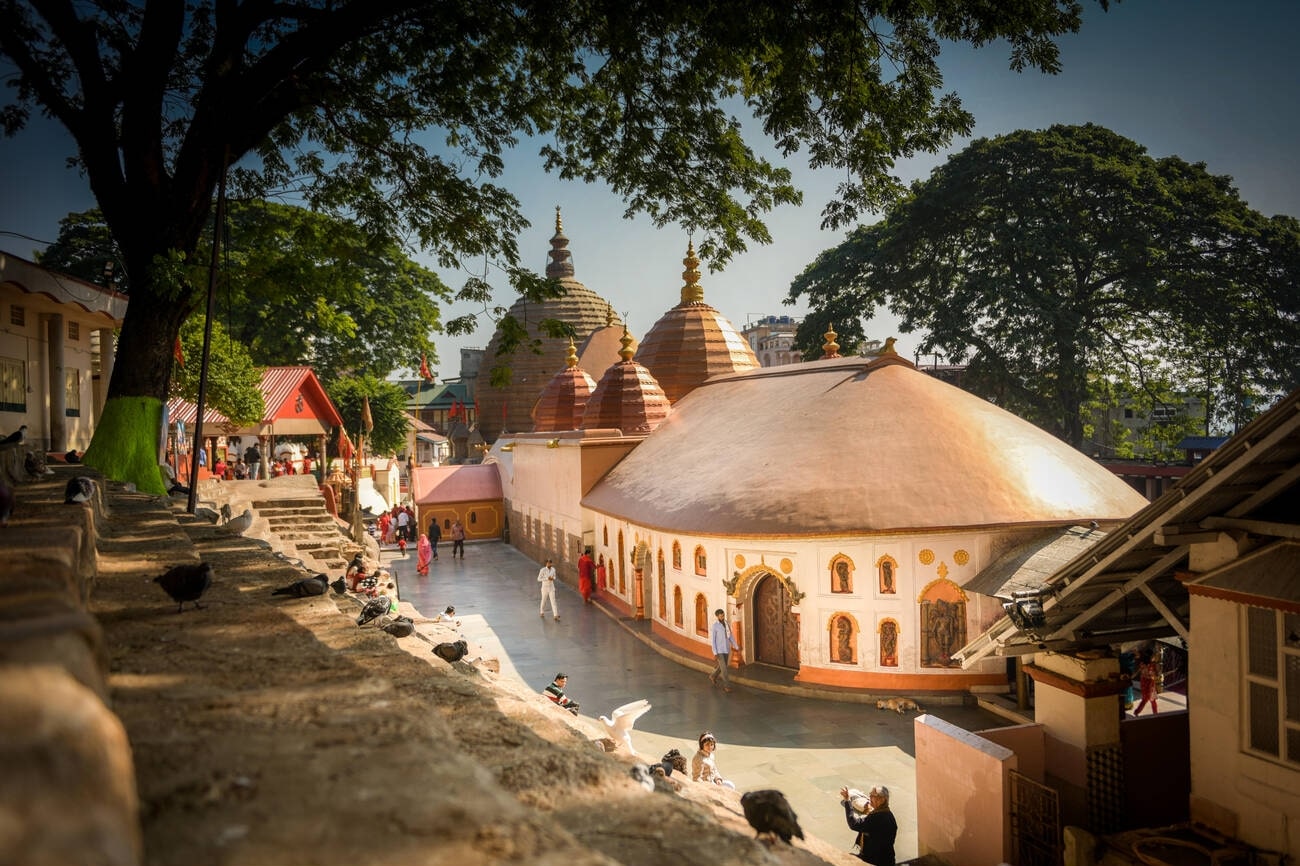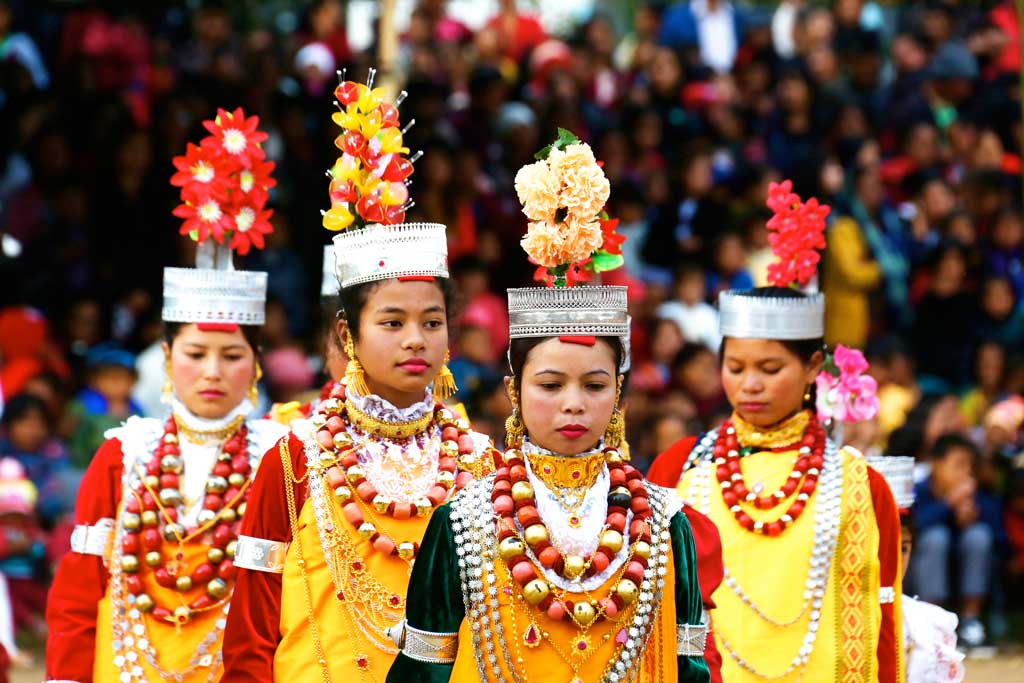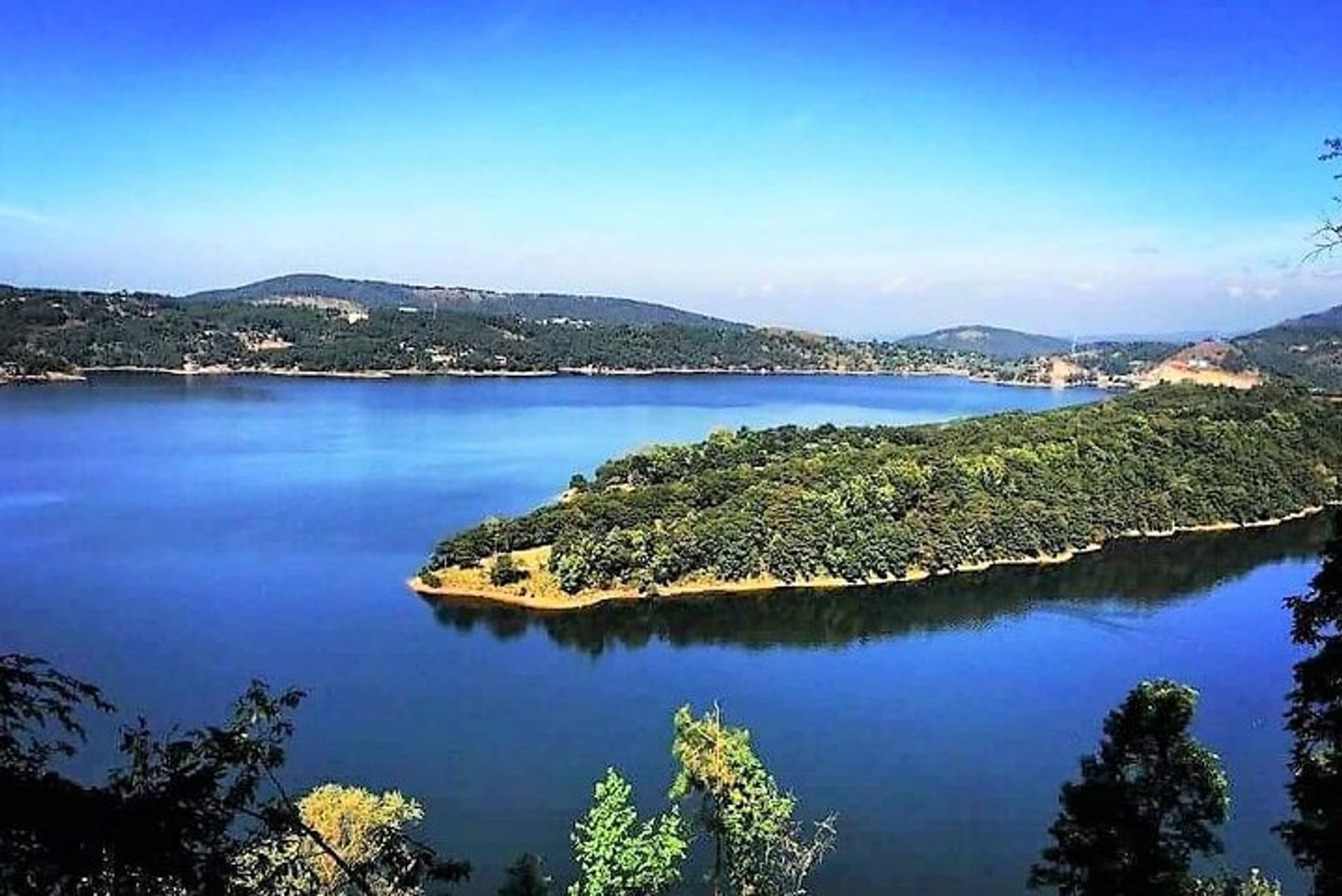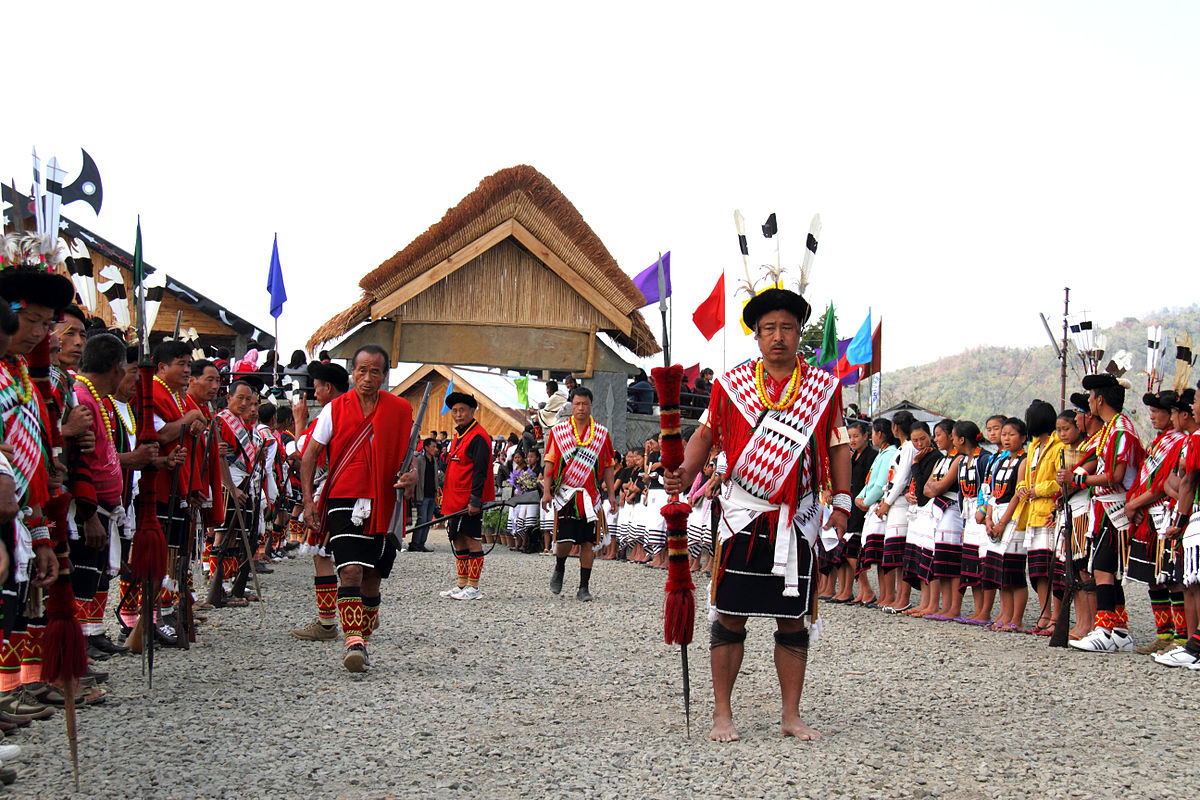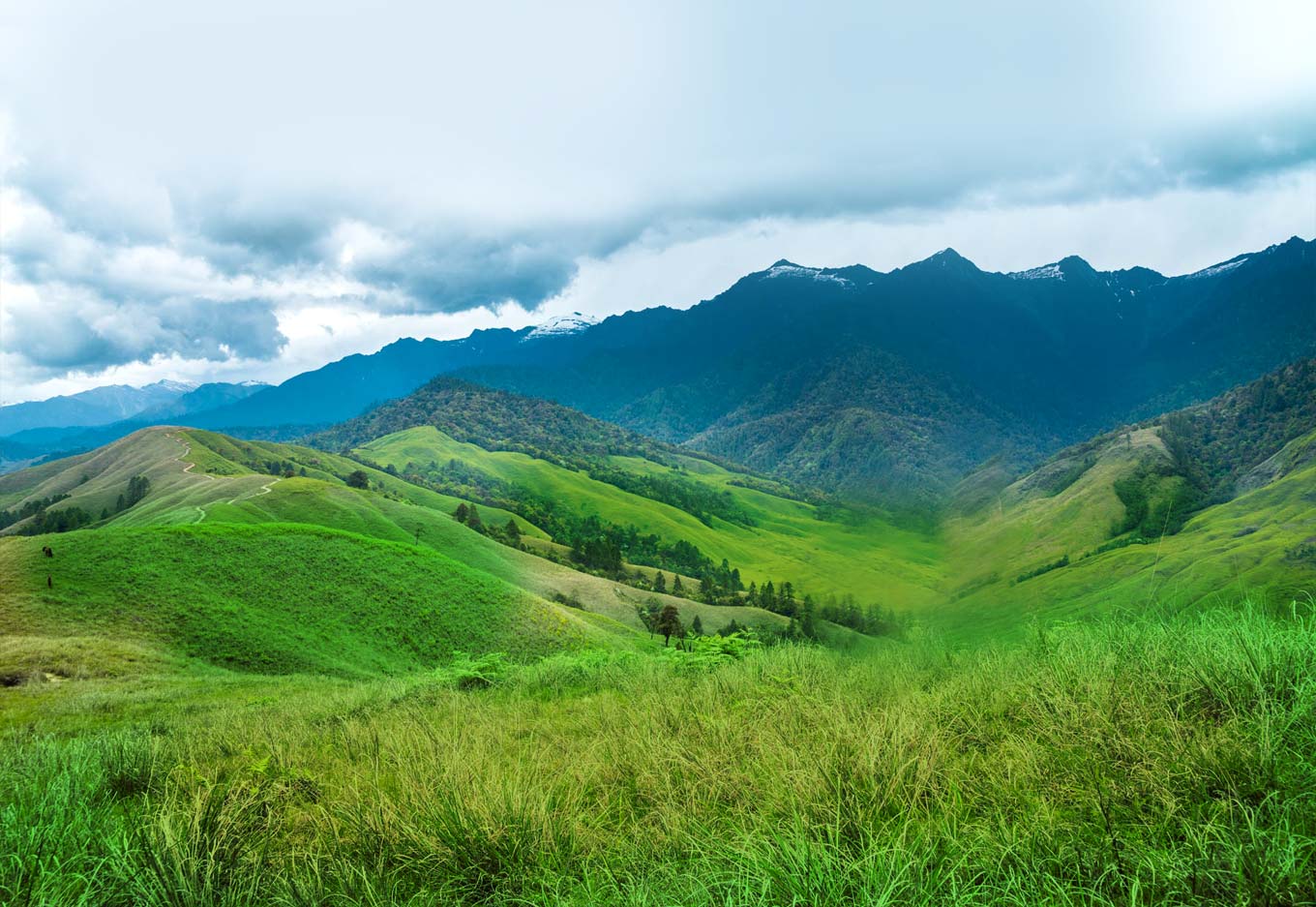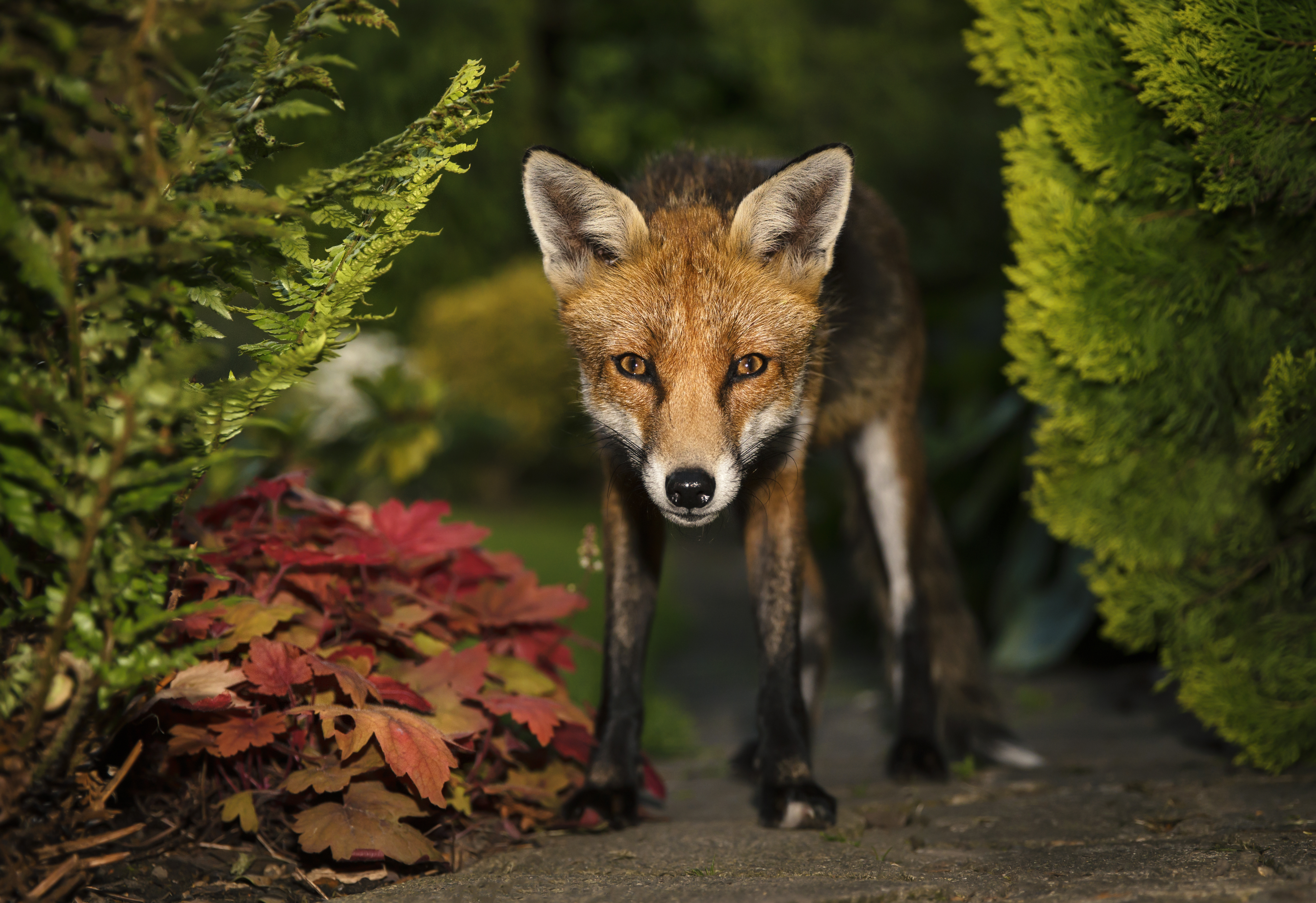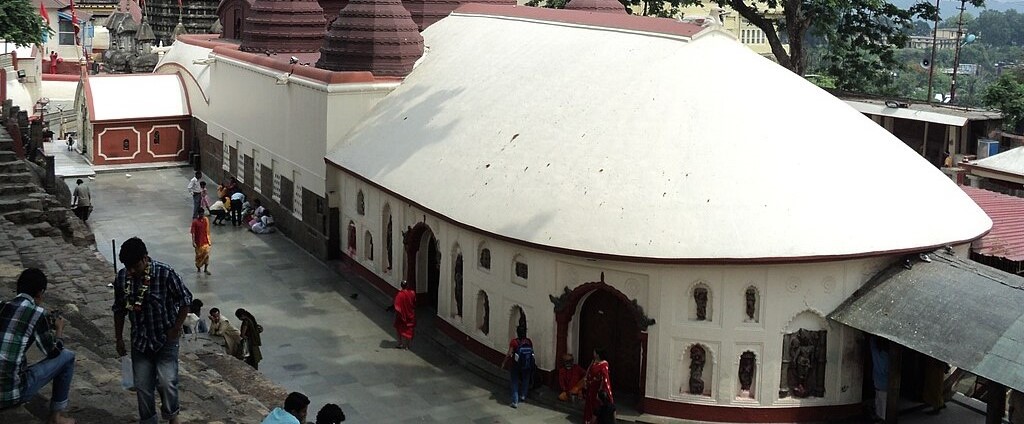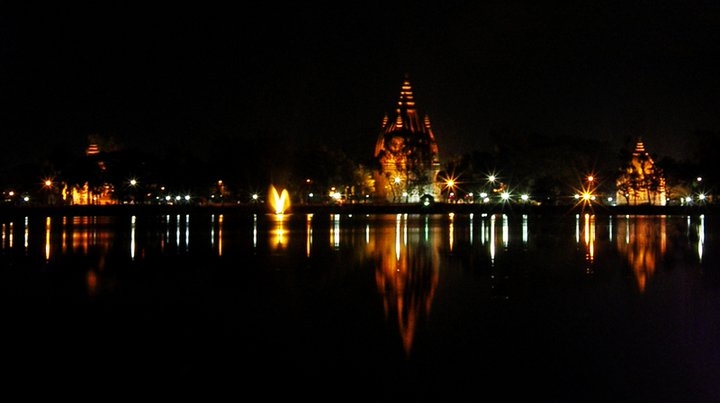Fairs and Festivals in Assam
Assam celebrates a number of vibrant festivals that reflect its cultural diversity: Bihu: The most significant festival in Assam, Bihu marks the Assamese New Year and is celebrated with traditional dances, feasts, and prayers for prosperity. There are three Bihu festivals: Rongali Bihu (spring festival), Bohag Bihu (harvest festival), and Kati Bihu (the festival of lights). Magh Bihu: A harvest festival that signifies the end of winter and the beginning of a new harvest season, celebrated with bonfires and community feasts. Ambubachi Mela: A religious festival held at the Kamakhya Temple in Guwahati, dedicated to the goddess Kamakhya, attracting thousands of pilgrims from across India. Baishagu: Celebrated by the Bodos, this festival marks the beginning of the Assamese New Year and is accompanied by dances, songs, and rituals. These festivals offer a glimpse into the vibrant traditions and customs of Assam and its people.
Read more +Best Time to Visit Assam
The best time to visit Assam is from October to April, when the weather is cool and pleasant, with temperatures ranging from 10°C to 25°C. This period is ideal for sightseeing, wildlife safaris, and enjoying the cultural festivals of the state. The monsoon season (May to September) brings heavy rainfall, making travel challenging, especially in areas with poor infrastructure. However, the lush greenery after the monsoon can be mesmerizing for nature enthusiasts.
Read more +How to Reach Assam
Assam is well-connected to other
parts of India by national highways and state roads. Major cities like Guwahati, Jorhat, and
Dibrugarh are easily accessible by buses, taxis, and private vehicles from neighboring states like
West Bengal, Nagaland, and Meghalaya.
Assam has an extensive railway
network, with Guwahati Railway Station being the major railway hub of the state. Regular trains
connect Guwahati to cities like Kolkata, Delhi, and Mumbai.
The Lokpriya Gopinath Bordoloi
International Airport in Guwahati is the primary airport in Assam, offering connectivity to major
cities like Kolkata, Delhi, Mumbai, and Bengaluru. Other airports in Jorhat and Dibrugarh also
provide domestic flights.
Tourist Destinations in Assam
Assam offers a diverse range of tourist attractions, from historical sites to natural wonders: Kaziranga National Park: A UNESCO World Heritage site, Kaziranga is famous for its population of one-horned rhinoceroses and is a haven for wildlife enthusiasts. Manas National Park: Another UNESCO World Heritage site, this park is known for its rich biodiversity, including the tiger, rhinoceros, and elephants, set against the backdrop of the Himalayan foothills. Kamakhya Temple: Situated in Guwahati, the Kamakhya Temple is one of the holiest temples in Assam and attracts pilgrims from across India. Majuli: The world's largest river island, Majuli is known for its satras (monastic institutions), vibrant culture, and scenic beauty. Sivasagar: A historic town known for its ancient temples and monuments, including the Sivasagar Tank and Shiva Dol. Umananda Island: A small island in the Brahmaputra River, Umananda is home to the Umananda Temple and offers a serene atmosphere. Tezpur: Known for its scenic beauty and historical ruins, Tezpur is a great place to explore nature and Assam's ancient heritage. Brahmaputra River: The river is central to Assam’s identity, and visitors can enjoy river cruises, boating, and even fishing.
Read more +Location
Assam is located in the northeastern part of India, bordered by Bhutan to the north, Arunachal Pradesh to the east, Nagaland and Manipur to the southeast, and West Bengal to the west. It shares its international borders with Bangladesh in the south. The state is predominantly known for its tea gardens and is often referred to as the "Tea Capital of India." Assam's strategic location, nestled between the Brahmaputra River and the hills of the northeast, makes it a hub for biodiversity and culture.
Read more +